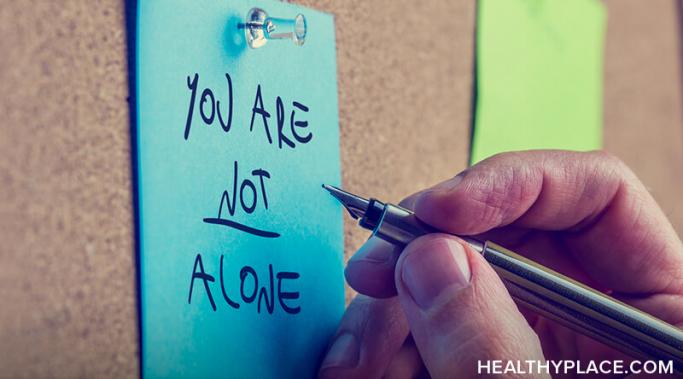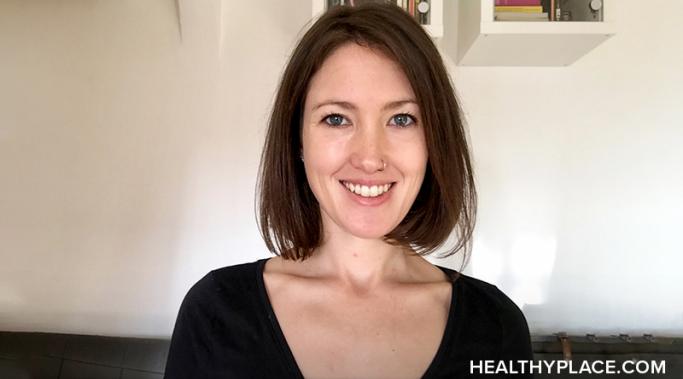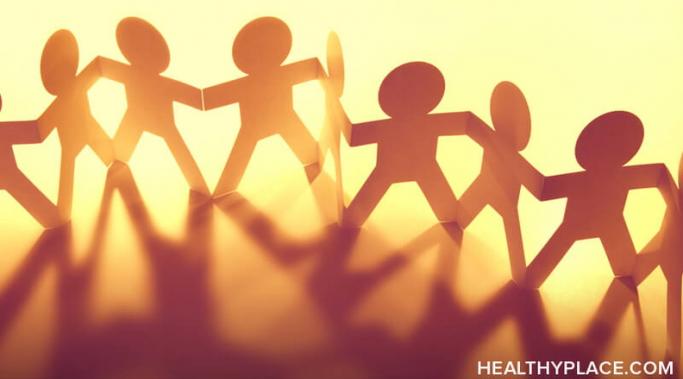Like many binge eating disorder sufferers, I've always had a complicated relationship with my body — particularly when it comes to learning to love exercise. I was the typical kid who always got picked last in gym class, and that experience gave me an aversion to exercise that lasted into adulthood. Instead of taking care of my body through movement, I learned to self-soothe with food, alcohol, and other destructive behaviors.
Binge Eating Recovery
"Why are you writing about binge eating disorder recovery?" my boyfriend asked the other day. "Did you have a problem with it when you were little?" A blanket of shame due to binge eating disorder wrapped itself around my body, weighing me down like lead. I felt my face contort into a half-cringe, half-grimace. A familiar knot formed in my stomach — he didn't know, and now I was going to have to tell him.
Refraining from summer binge eating can be challenging if you are in binge eating disorder recovery. As temperatures rise, the media heaps on the pressure to have the perfect "beach body," routines go out the window, and co-occurring mental health issues such as anxiety and depression may arise — all of which can trigger summer binge eating.
Like many sufferers of binge eating disorder, I struggled with loving my body and other body issues for many years. As a child, I loved food and books and was not a fan of exercise. I was never fat, but I was chubby enough to be teased by the boys at school. As an awkward teenager, magazines taught me how to hate my body.
Waking up the morning after binge eating is a horrible feeling. As the gray light of dawn filters into my room, the furniture begins to emerge from the darkness, and I emerge from sleep into a growing sense of trepidation. My bloated and uncomfortable belly bluntly reminds me I've binged again.
It took a while, but my anxiety led to binge eating disorder (BED). It happened insidiously because I've always had a complicated relationship with food. I love to think, talk about, cook, eat, and share food. At times, I have treated it as my enemy, and at others, I have turned to it for comfort. I've always been an emotional eater, and whether I'm celebrating or commiserating, there's food for every occasion.
I've been in coronavirus confinement at home in Barcelona for over a month, and my binge eating cravings are driving me crazy. My body and mind feel like a battleground. I'm in a constant struggle with myself over food.
The coronavirus triggered binge eating for me. The binges were triggered for me because the outbreak of coronavirus in northern Italy directly impacted me.
My name is Victoria Peel-Yates and I am the new author of the "Binge Eating Recovery" blog. I look forward to sharing my experiences with the HealthyPlace community, focusing on the underlying emotional issues behind binge eating disorder and sharing tools and techniques that have helped me overcome them. I also look forward to hearing your stories and learning and growing together.
The focus on food during the holidays tends to cause a good deal of stress and anxiety when dealing with an eating disorder. In fact, when I think of the holiday season, three things come to mind: family, friends, and the big one, food. This year, let's stay present on what really matters instead of fixating on what, when, and how much we eat.









